
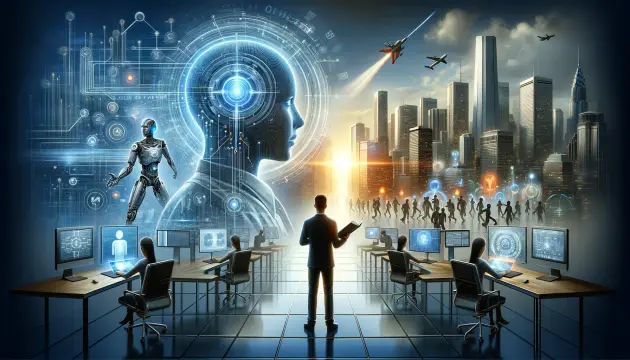
Artificial intelligence (AI) is transforming the workforce, automating processes, and enhancing efficiency. However, it is also reshaping employment patterns, raising concerns about job displacement. While certain jobs are being automated, new opportunities are emerging as the economy adapts. This article explores the impact of AI on job displacement, how industries are responding, government initiatives, and the future of work in the U.S.
The Impact of AI on EmploymentAI-driven automation has significantly changed industries, from manufacturing to finance. Repetitive and routine tasks are increasingly performed by machines, reducing demand for human labor in these areas. Some of the most affected sectors include:
Despite these disruptions, AI is also generating new roles that require human oversight, creativity, and problem-solving skills.
New Job Opportunities Created by AIWhile AI is displacing jobs, it is also creating opportunities in various fields, including:
To address job displacement, the U.S. economy is shifting toward innovation, reskilling, and new policies to support workers affected by automation.
1. Reskilling and Upskilling ProgramsPublic and private initiatives are investing in retraining workers for AI-related jobs. Examples include:
As AI reshapes employment, lawmakers are working to implement policies that protect workers and ensure fair labor practices. Recent policy discussions include:
Many businesses are integrating AI while maintaining or even expanding their workforce by focusing on AI-human collaboration rather than full automation. For example:
The workforce of the future will require adaptability, continuous learning, and a focus on human-centric skills that AI cannot easily replicate. Key trends shaping the future include:
Swipe. Select. Stay informed.


The U.S. continues to dominate AI research and development, but China’s aggressive investments in artificial intelligence are closing the gap. As both nations compete for AI supremacy, the race for innovation is reshaping global technology, security, and economic influence
The U.S. government is ramping up investments in artificial intelligence for defense, focusing on cybersecurity, autonomous weapons, and intelligence analysis. These efforts aim to maintain national security and technological superiority in a rapidly evolving global landscape
The U.S. government’s AI policy changes are set to transform health technology investments, fostering innovation in diagnostics, treatment, and medical research. These changes could boost investor confidence and accelerate the adoption of AI-powered healthcare solutions.
As AI advances, job displacement concerns grow. However, the U.S. economy is adapting by fostering new opportunities, reskilling programs, and AI-driven industries.

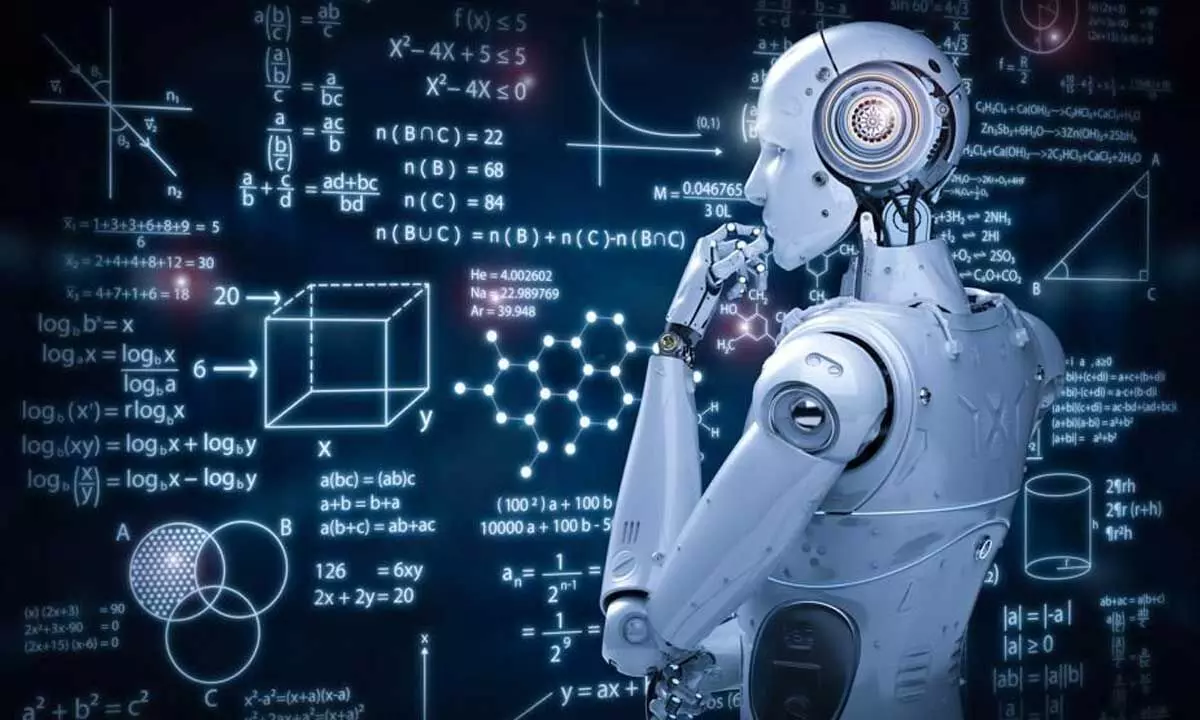
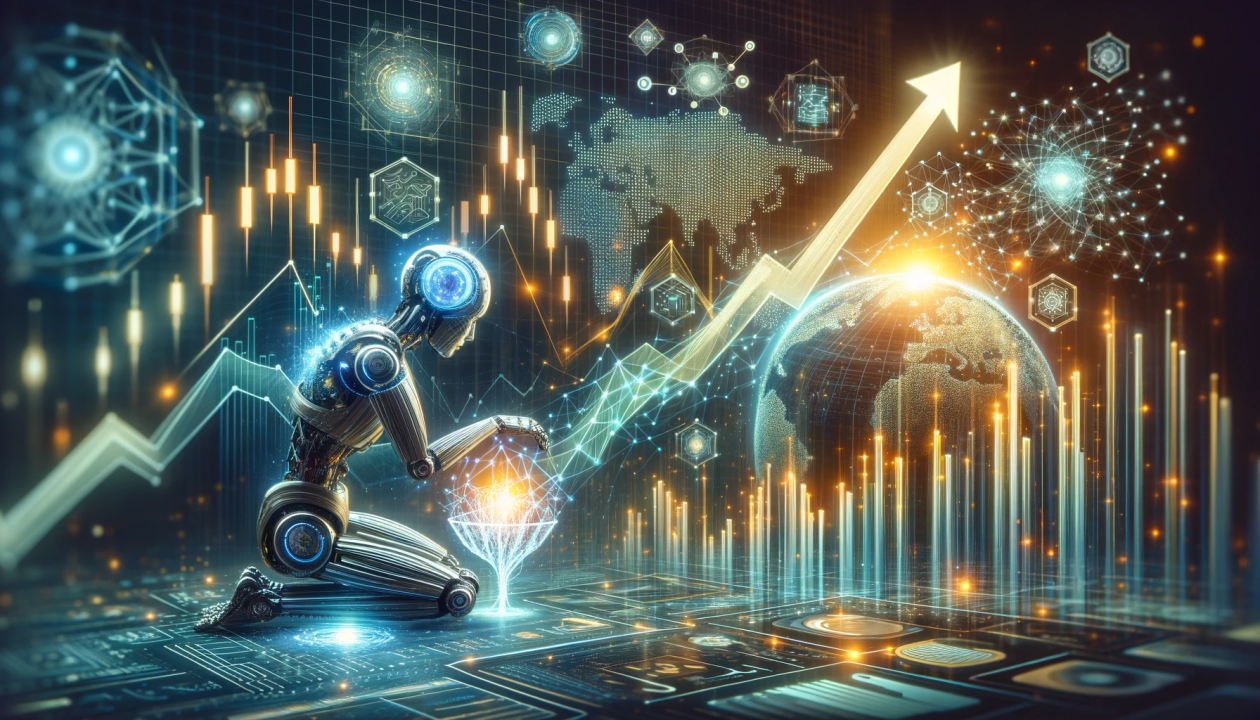
Economic Impact of US AI Investment Policy Changes
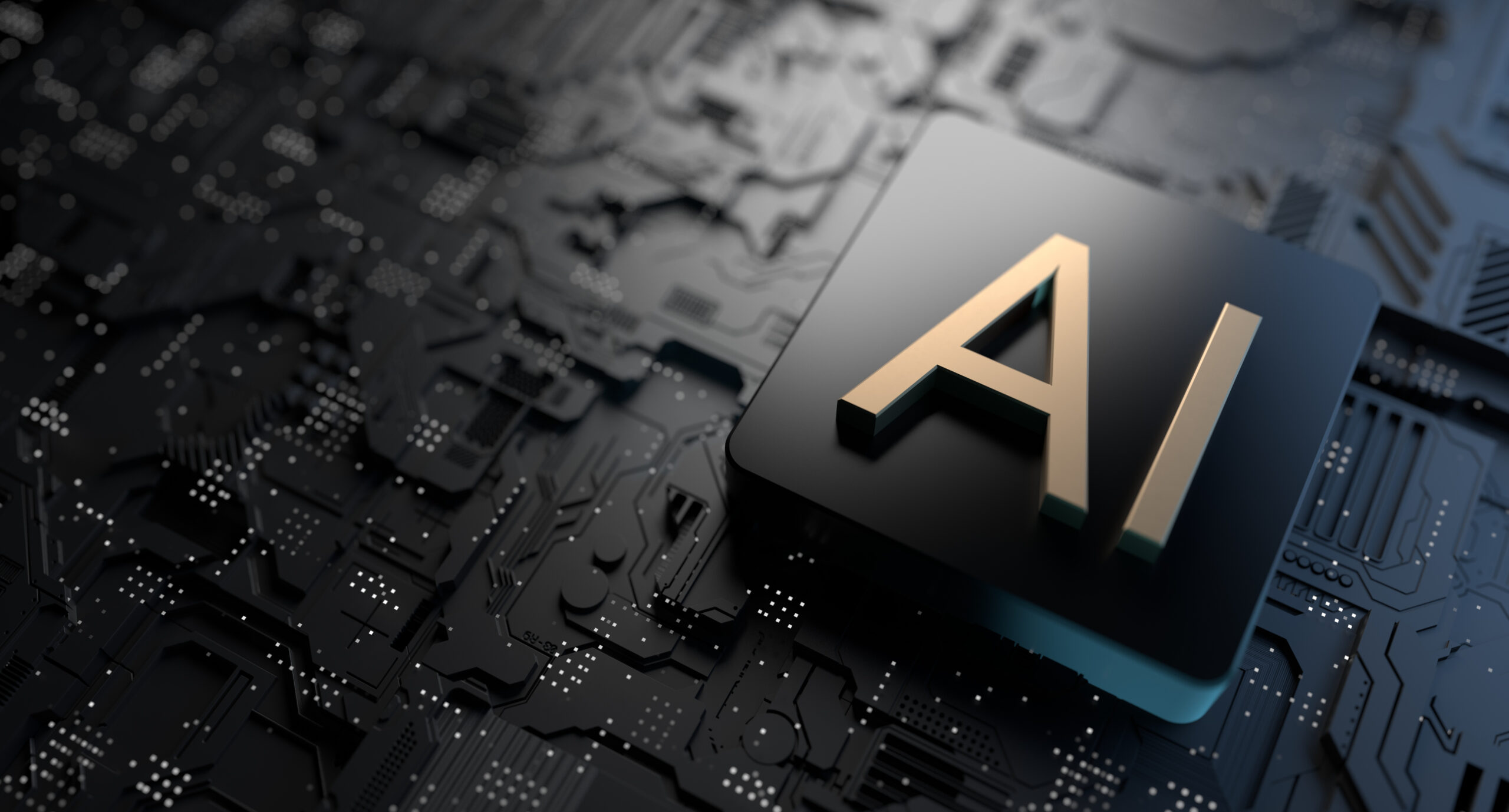
US AI Investment Rules Shake Global Markets
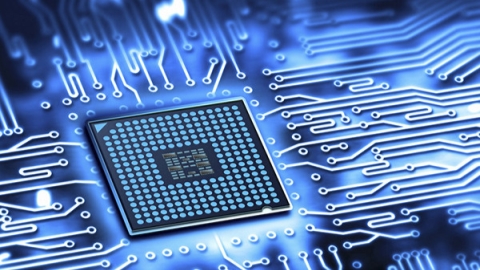
US to Restrict Foreign AI Investments
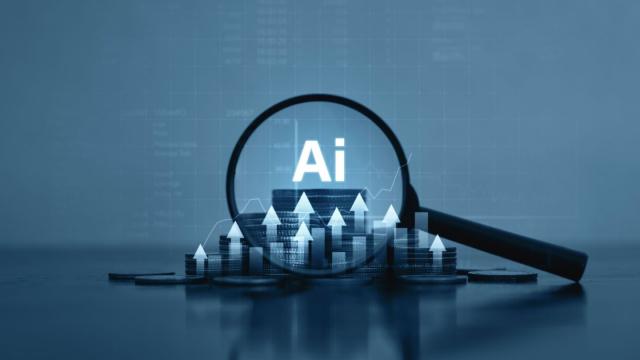
The US tightens AI investment regulations to curb foreign influence and strengthen national security